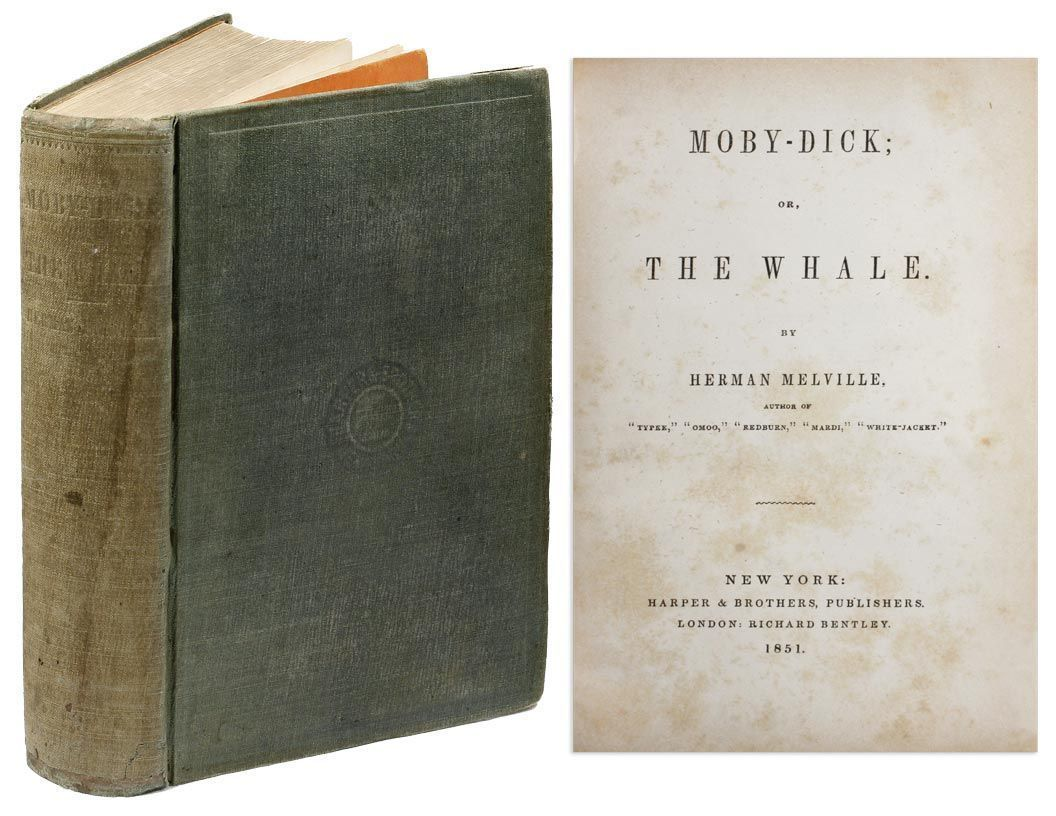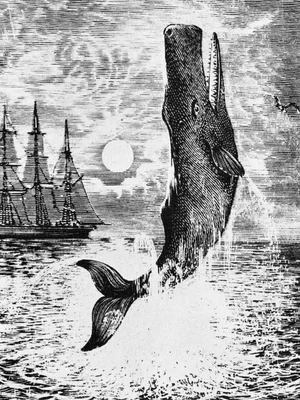wcag heading
“Clearly the Sûreté doesn’t think you’re much use, or you wouldn’t be back here.
And don’t get me started on what they’re saying on Twitter, the dumb-asses. Not that I disagree.”
“Ruth!” said Reine-Marie.
“What? It’s the truth.”
“All truth with malice in it,” said Armand.
“But still the truth,” said Ruth.
Reine-Marie walked Armand to the door. “That was from Moby-Dick, wasn’t it?” (A Better Man, page 115)
The quote does indeed come from Moby-Dick. It appears in Chapter 42 of the novel that Carl Van Doren called the “pinnacle of American Romanticism” and Louise levels its importance by citing it no less than eight times throughout the novel.

Near the end of A Better Man, Gamache pontificates on Melville’s meaning, saying that the quote is “About human nature… About obsession. About allowing rancor to cloud judgment. About what happens when we see the malice but fail to see the truth.” As the novel centers on social media and the truths, half-truths, and lies that pervade its platforms, Gamache’s interpretation of the quote is quite apt.

While Melville uses the quote in describing the madness of Ahab, it’s interesting to note Ahab’s polar opposite, Ishmael – think Louise’s running theme of good verse bad, light verse dark – and how his own characteristics parallel that of Gamache; both, at the heart of it, are part philosopher, part mystic.
Call me Ishmael.
Call me Armand.


One reply on “Cultural Inspirations From Three Pines: A Better Man”
[…] by Kelley Ragland. You can also learn more about the real-life inspirations behind the settings and cultural references in the book, try a recipe the characters enjoy in A Better Man, and explore more of all things A […]